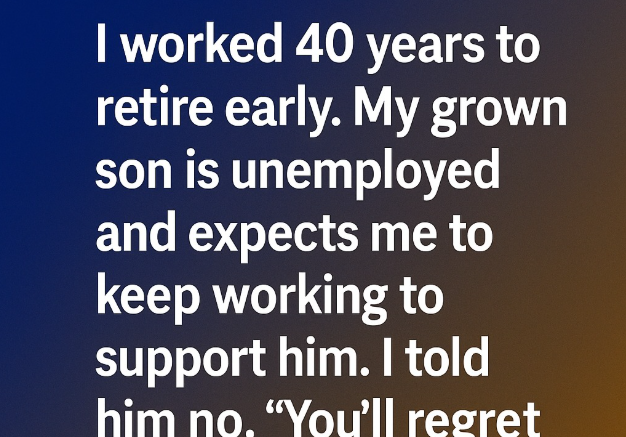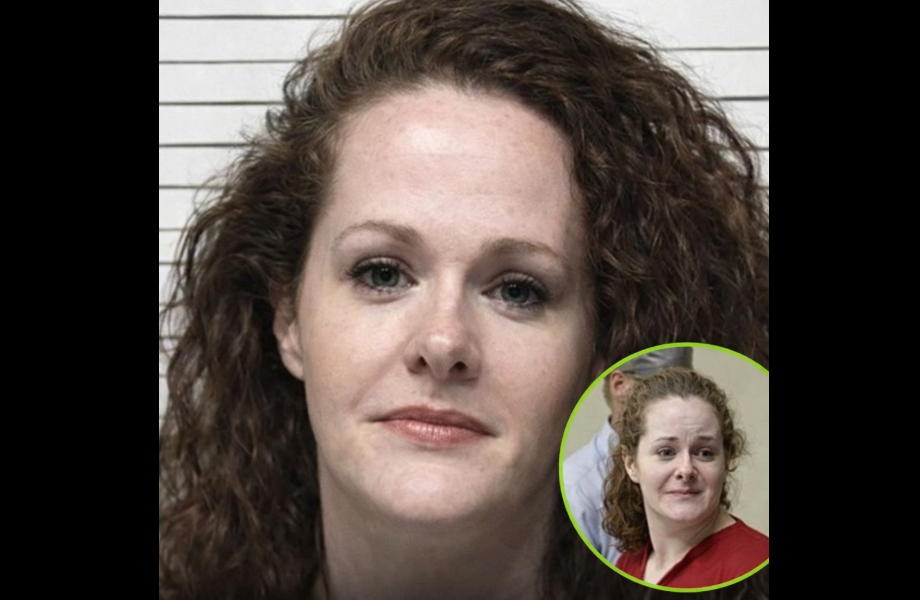For four decades, I dedicated myself to diligent work, meticulously saving every dollar and thoughtfully planning to secure an early retirement filled with tranquility. When that milestone arrived, my heart swelled with joy. I envisioned exploring new destinations, tending to my garden, and cherishing moments with my grandchildren, free from the constraints of schedules or early mornings.
My adult son, however, held a different perspective. Struggling to secure steady employment, he leaned on me for financial support instead of pursuing fresh possibilities. One evening, he approached me and stated, “You’ll need to continue working to assist me.”
Pausing to gather my thoughts, I responded with care, “I cherish you, but I’ve labored my entire life for this chapter. I can’t keep working solely to fund you. It’s time for you to embrace your own path.” His reaction was sharp—a wry smile accompanied by, “You’ll come to regret this.” His words pierced me, yet I remained steadfast, understanding this boundary was essential for our mutual growth.
The following day, his girlfriend reached out, her voice trembling with concern. She shared that my son felt overwhelmed and disheartened, not out of anger but from a deep fear of navigating life independently. This revelation shifted my perspective—his response stemmed not from entitlement but from anxiety about failing.
I visited him, and we engaged in a candid, heartfelt discussion. I affirmed that while I couldn’t offer endless financial aid, my emotional support and guidance in planning his future were unwavering. Together, we crafted a strategy for him to pursue job opportunities and explore additional training to bolster his confidence.
Ultimately, this challenging moment deepened our bond. I discovered that setting boundaries can be a profound expression of love, particularly when it empowers someone to stand independently. My son learned that independence doesn’t equate to solitude—it signifies taking that courageous first step forward.






